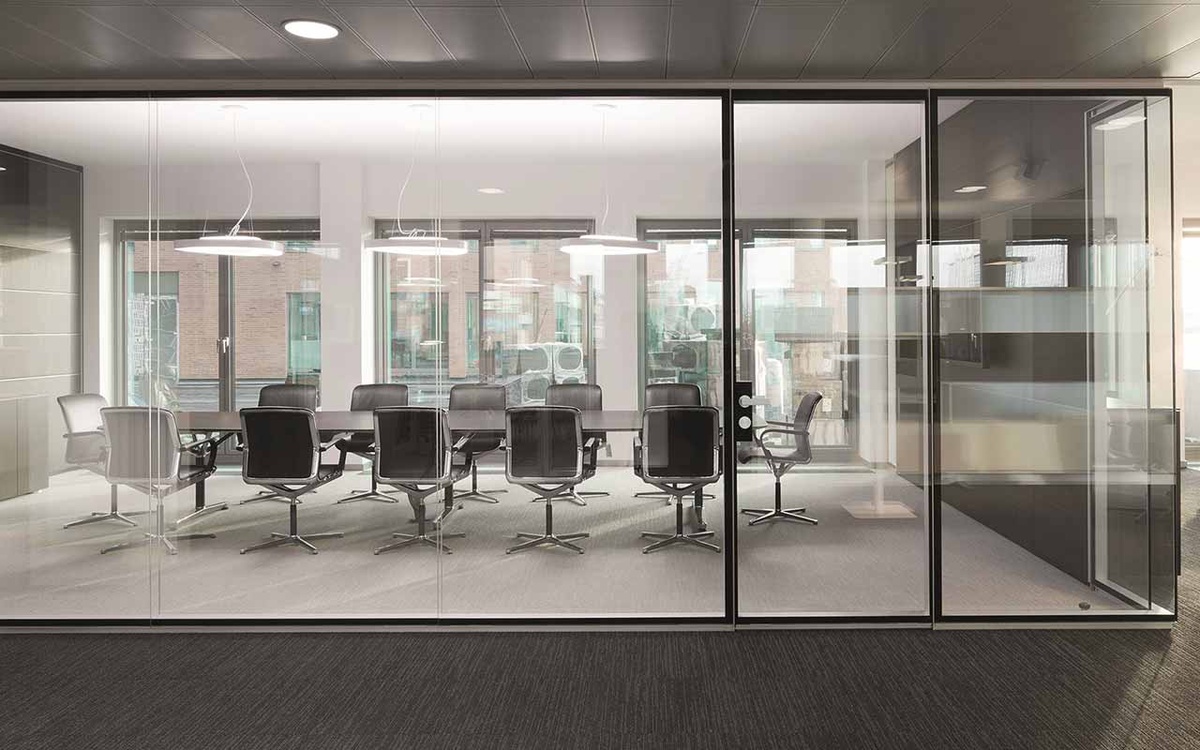In the world of modern architecture and interior design, PDLC glass is making waves as a revolutionary technology that is transforming the way we view and use glass in our homes. PDLC, which stands for Polymer Dispersed Liquid Crystal, is a type of smart glass that offers unparalleled versatility, functionality, and aesthetic appeal. If you're curious about how PDLC glass can elevate your living space, this ultimate guide will provide you with all the essential information you need.
What is PDLC Glass?
At its core, PDLC glass is a laminated glass product that consists of a layer of liquid crystal molecules dispersed within a polymer matrix. This unique composition allows the glass to switch between opaque and transparent states in response to an applied electric current. In simpler terms, PDLC glass can change from being clear to frosted with just the flip of a switch.
How Does PDLC Glass Work?
The magic behind PDLC glass lies in its molecular structure and the principles of liquid crystal technology. When the electric current is applied, the liquid crystal molecules align themselves in a specific direction, allowing light to pass through and making the glass transparent. Conversely, when the current is turned off, the molecules scatter randomly, causing the glass to become opaque.
Applications of PDLC Glass in Home Design
Now that you understand the basics of PDLC glass technology, let's explore how it can be used to transform your home:
- Privacy: One of the most popular applications of PDLC glass is in creating privacy partitions and windows. By controlling the opacity of the glass, homeowners can enjoy privacy on demand without sacrificing natural light or visual connectivity.
- Interior Design: PDLC glass can also be incorporated into various elements of interior design, such as doors, cabinets, and room dividers. Its ability to switch between transparent and opaque states adds a dynamic and modern touch to any living space.
- Smart Home Integration: Thanks to recent advancements in smart home technology, PDLC glass can be integrated with home automation systems. This allows homeowners to control the opacity of the glass remotely using their smartphones or voice commands.
- Energy Efficiency: In addition to its aesthetic benefits, PDLC glass also offers practical advantages in terms of energy efficiency. By controlling the amount of sunlight entering a room, homeowners can reduce their reliance on artificial lighting and heating, leading to lower energy bills and a smaller carbon footprint.
Benefits of PDLC Glass
- Versatility: PDLC glass can be customized to suit a wide range of applications, from small decorative panels to large-scale architectural installations.
- Aesthetics: The seamless transition between transparency and opacity adds a touch of elegance and sophistication to any home.
- Privacy: Enjoy privacy on demand without compromising on natural light or views.
- Energy Efficiency: Reduce energy consumption and lower utility bills by optimizing natural light and heat gain.
- Durability: PDLC glass is highly durable and resistant to scratches, making it suitable for long-term use in residential settings.
Conclusion
In conclusion, PDLC glass technology represents a groundbreaking innovation in the field of architectural glass design. Its ability to switch between transparent and opaque states offers unparalleled versatility and functionality, making it an ideal choice for modern homes. Whether you're looking to enhance privacy, add a touch of style, or improve energy efficiency, PDLC glass has the potential to transform your living space in ways you never thought possible. So why wait? Experience the future of home design with PDLC glass today!


No comments yet